What is the relationship between the functions and the nature of the State? What are responsibilities of the Ministry of Education and Training of Vietnam in legal education?
What is the relationship between the functions and the nature of the State?
The relationship between the functions and the nature of the state is a topic in the course on state theory and law. To be specific:
The relationship between state functions and the nature of the state is the relationship between form and content, where the function pertains to the category of form and the nature pertains to the category of content.
State functions are the outward manifestation of the state's nature. When the state performs its basic areas of activity, it reveals whose state it is, by whom, and for whom. The aspects of basic activities undertaken by the state, the forms, methods, and purposes pursued reflect the nature of that state.
The nature of the state significantly influences the various activities of the state. The priority given to the fulfillment of tasks and functions, and the manner in which they are carried out, depends on who holds state power.
Note: The content regarding the relationship between the functions and nature of the state is for reference purposes only!
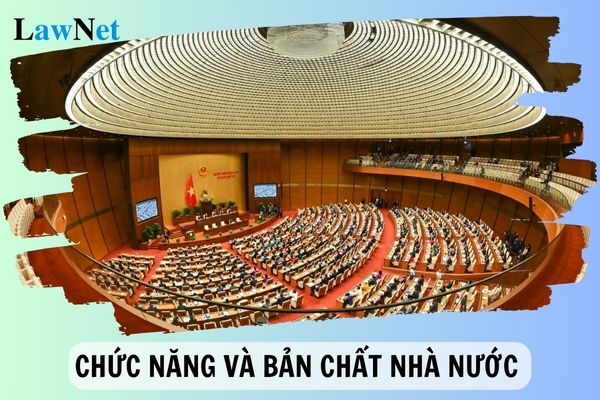
What is the relationship between the functions and the nature of the State? What are responsibilities of the Ministry of Education and Training of Vietnam in legal education? (Image from Internet)
What are responsibilities of the Ministry of Education and Training of Vietnam in legal education?
Article 25 of the Law on Dissemination and Education of Legal Knowledge 2012 specifies as follows:
Responsibilities of ministries, ministerial-level agencies, and agencies under the Government of Vietnam
- Within the scope of their duties and powers, ministries, ministerial-level agencies, and agencies under the Government of Vietnam have the following responsibilities:
a) Issue under authority the programs, projects, and plans for legal dissemination and education and direct, guide the subordinate agencies and units to implement;
b) Determine appropriate content and forms of legal dissemination and education for each target group; compile materials and disseminate specialized legal knowledge; ensure the people's right to legal information;
c) Organize the dissemination and education of law for officials and public employees, and officers and soldiers in the people's armed forces under management, focusing on direct legal dissemination, providing legal normative documents, the agency's electronic information websites, courses, training, and refresher classes;
d) Build, train, and foster a team of legal lecturers from ministries and central authorities;
dd) Direct schools and vocational training institutions under management to organize legal education within educational and vocational institutions; arrange, standardize, and enhance the faculty responsible for teaching civic education and law.
- The Ministry of Education and Training issues the legal education program across all educational levels and training qualifications; sets the timeline and roadmap for the completion of standardizing teachers teaching civic education, and teachers and lecturers teaching law.
- The Ministry of Labor – Invalids and Social Affairs issues the legal education program within vocational training institutions.
Thus, in legal education work, the Ministry of Education and Training is responsible for issuing the legal education program across all educational levels and training qualifications; setting the timeline and roadmap for standardizing teachers teaching civic education, and teachers and lecturers teaching law.
What content does legal education in Vietnam include?
According to Article 10 of the Law on Dissemination and Education of Legal Knowledge 2012, the content of legal education includes:
- Provisions of the Constitution and legal normative documents, focusing on legal provisions regarding civil, criminal, administrative, marriage and family, gender equality, land, construction, environmental protection, labor, education, health, defense, security, transportation, citizens' basic rights and obligations, the powers and responsibilities of state agencies, officials, and newly promulgated legal normative documents.
- International treaties to which the Socialist Republic of Vietnam is a member, international agreements.
- Awareness of respecting and complying with the law; awareness of protecting the law; benefits of law compliance; examples of good people and good deeds in law enforcement.
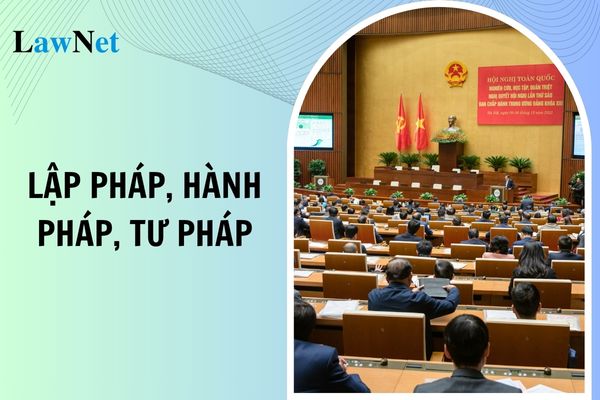
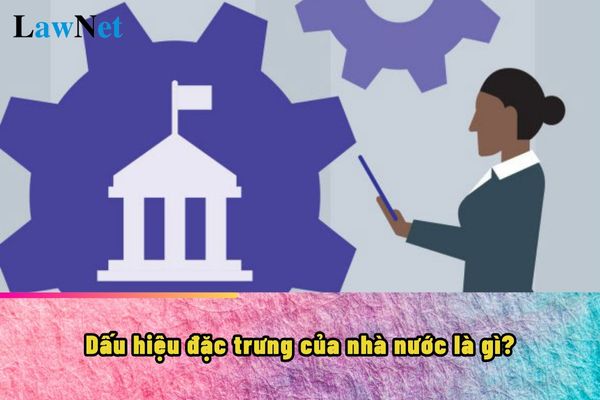
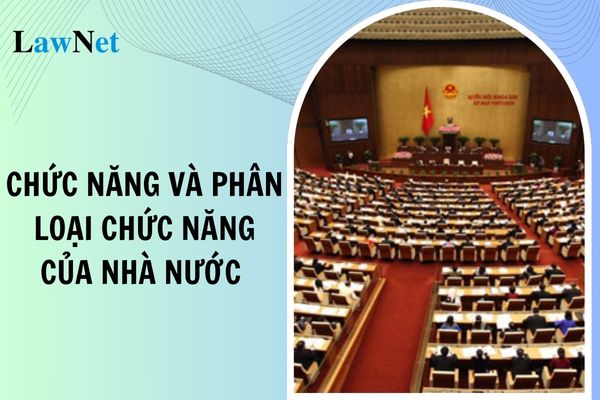

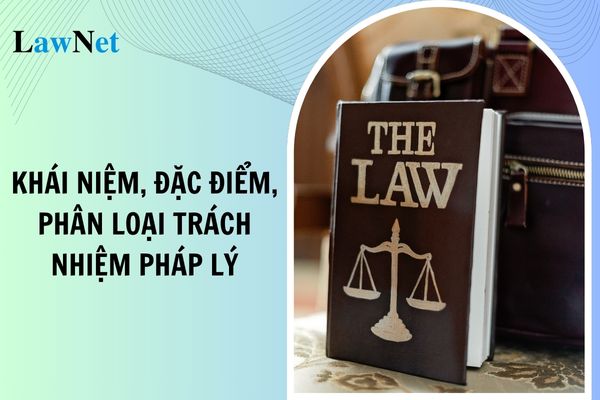
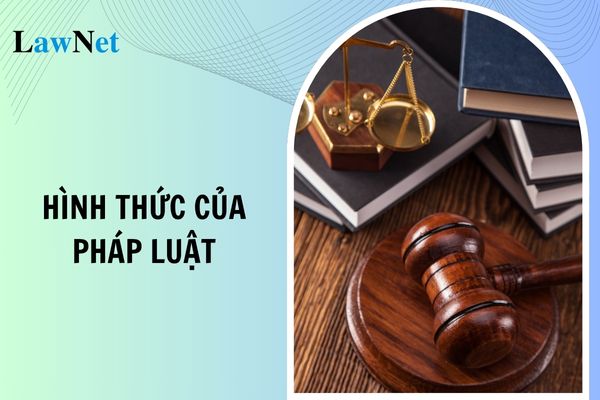
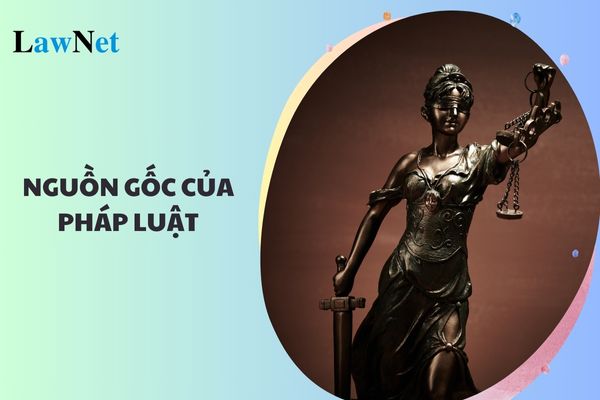
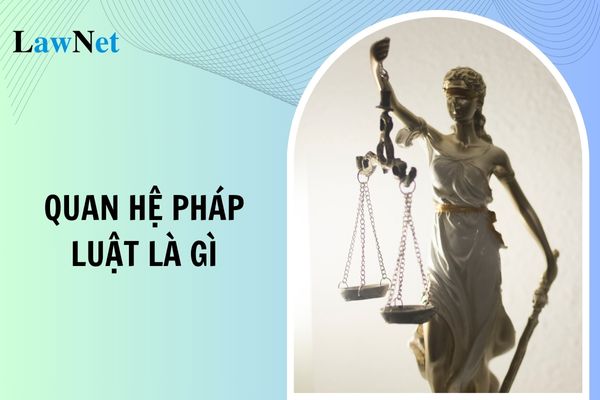
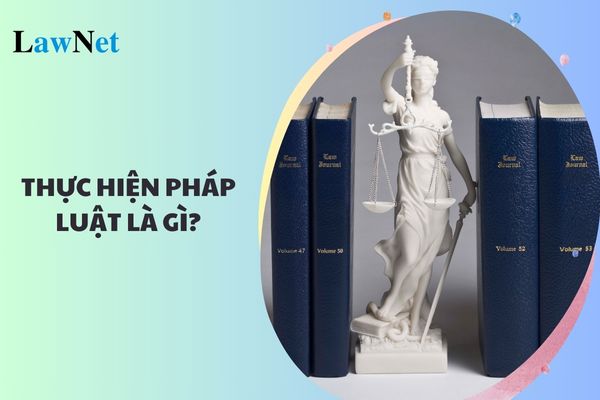
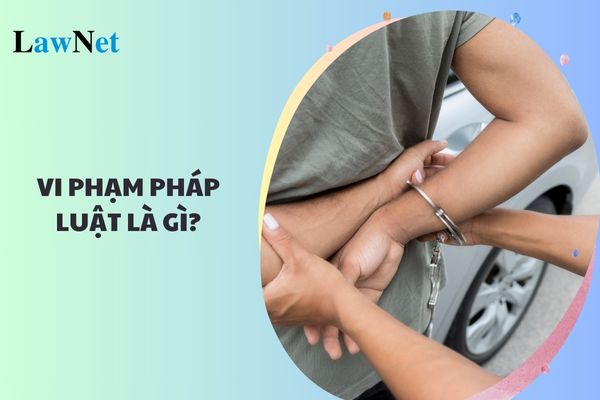
- Are Dance Major Students Eligible for Tuition Fee Reduction?
- What are the standards for facilities of a Center for Continuing Education and Vocational Education in Vietnam?
- What are the conditions for a foreign educational institution to establish a representative office in Vietnam?
- What is the term of office of the principal of an intermediate school in Vietnam?
- What are the eligibility criteria for applying to an upper-secondary boarding ethnic school in Vietnam?
- Vietnam: What are the conditions for establishing a boarding ethnic secondary school from November 20, 2024?
- Do primary school students have to pay tuition? Who are the students eligible for tuition exemption in Vietnam?
- What is the overview of Vietnamese literature from the onset of the August Revolution in 1945 to the 20th century? What are the elective subjects for 12th-grade students?
- Vietnam: What is the sample analysis of narrative art in the work "Vợ chồng A Phủ" for 12th-grade students? What is the age of students entering 12th Grade?
- Vietnam: What are the guidelines for preparing the lesson "Người lái đò trên sông Đà"? What are the academic topics in the 12th-grade Literature curriculum?

